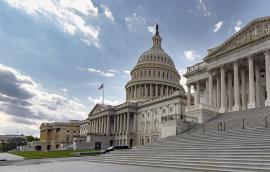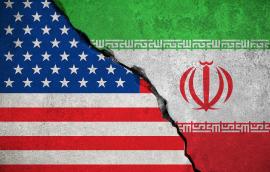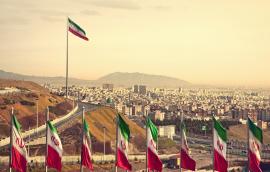How the U.S. Can Reshape the Israeli-Palestinian Negotiating Framework
In the current absence of direct negotiations, the Obama administration has an opportunity to reshape the Israeli-Palestinian negotiating framework, according to a report by the Conflict Resolution Program at Rice University’s Baker Institute for Public Policy. The report recommends that the administration continue to demonstrate strong U.S. support for the two-state model, test the willingness of the parties to compromise and adopt a more comprehensive approach to resolving the conflict with the support of the international community.
Edward P. Djerejian, Yair Hirschfeld, Samih Al-Abid July 8, 2015








